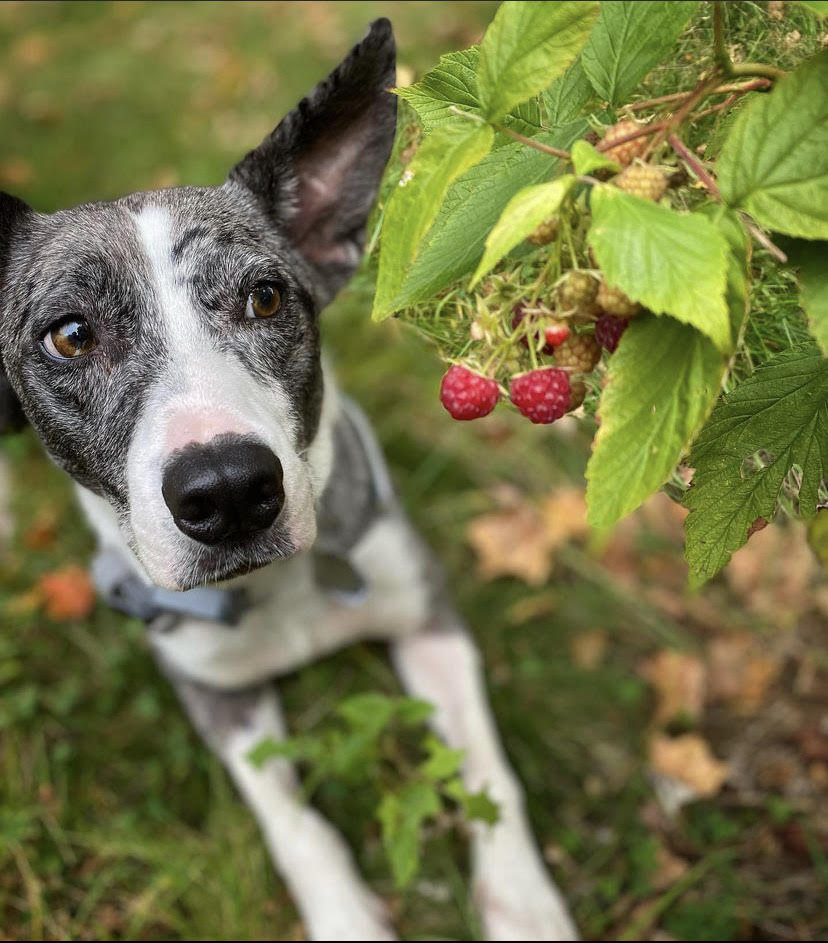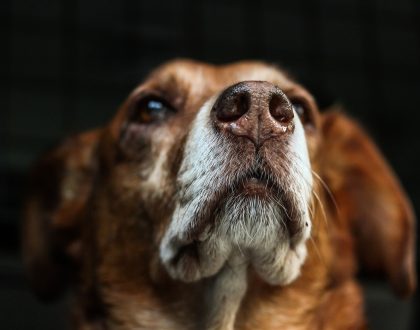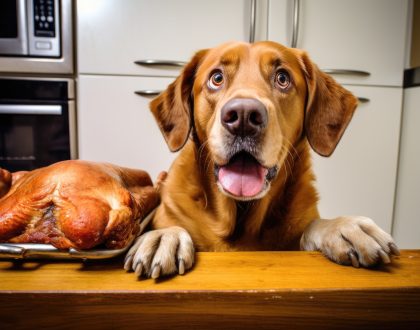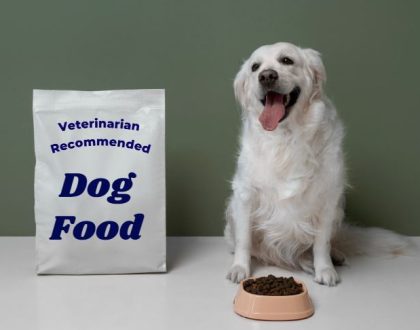
the scientific study of pet nutrition by veterinary nutrition specialists and experts.
Treat Options for Dogs and Cats Without Unbalancing Their Diet

We’ve discussed how many treats your pet can receive per day and a few human foods that are healthy or harmful for your pet, but I’ve seen a few families recently where ‘table scraps’ or ‘just giving a little bit’ can add up quite a lot! If you’re looking to add a little treat outside your pet’s meals, need options to give medication or to use as training treats, or are looking for some palatability enhancers to encourage your pet to eat, we’ve created a larger list of foods that are healthy and relatively low in calories so you can avoid unbalancing your pet’s diet with too many foods coming from outside their main diet.
How Much is Too Much?
Reminder that your pet should only receive 10% of their daily calories from treats so you don’t unbalance their diet! A 10 lb dog or cat has an average daily calorie requirement of 300 calories per day so 10% of that would be a maximum of only 30 calories for treats. For your average 75 lb dog, their average calorie requirements are 1,400 calories per day so that means a maximum of 140 calories for treats. Unsure how much your pet should be getting? Check out this previous post with links to calculators that estimate your pet’s daily calorie needs, including the maximum number of calories they should be getting from treats.
Food Options and Amounts to Meet 15-20 Calories:
*We strongly recommend weighing these out so you know exactly how much your pet will get and so you don’t under or overestimate calories coming from volume measurements!
| Food (raw unless noted) | Amount | Calories |
| Vegetables, raw | ||
| Cucumbers | 1 cup slices (100 g) | 15 |
| Carrots | 4 baby carrots (40 g) | 16 |
| Green beans | 1/2 cup or 8 green beans (45 g) | 15 |
| Sweet red peppers | 1/3 cup chopped (50 g) | 15 |
| Celery | 2 stalks (100 g) | 15 |
| Tomatoes | 5 cherry tomatoes (85 g) | 15 |
| Broccoli | 1/2 cup chopped or diced (45 g) | 15 |
| Vegetables, cooked | ||
| Cauliflower boiled, drained, no salt | 1/2 cup of 1 inch pieces (70 g) | 15 |
| Brussel sprouts boiled, drained, no salt | 1/4 cup (40 g) | 15 |
| Cabbage boiled, drained, no salt | 1/2 cup shredded (75 g) | 15 |
| Broccoli boiled or steamed, drained, no salt | 1/4 cup chopped or diced (50 g) | 15 |
| Carrots, steamed | 1/3 cup chopped (50 g) | 15 |
| Yellow squash, steamed | 1/3 cup sliced (60 g) | 15 |
| Zucchini, steamed | 1/2 medium zucchini (100 g) | 15 |
| Green beans, steamed | 1/2 cup 1/2 inch pieces (50 g) | 15 |
| Fruit | ||
| Apples | 1/4 cup chopped (30 g) | 15 |
| Strawberries | 3 medium strawberries (50 g) | 16 |
| Blueberries | 20 blueberries (25 g) | 15 |
| Raspberries | 15 raspberries (30 g) | 15 |
| Bananas | 1/8 medium banana (20 g) | 15 |
| Watermelon, honeydew melon, or cantaloupe | 1/3 cup diced (50 g) | 15 |
| Meats, cooked | ||
| Egg, hard boiled | 1/4 large egg (13 g) | 20 |
| Chicken or turkey breast, boiled or baked | 1 tablespoon diced (9 g) | 15 |
| Other foods | ||
| Pumpkin, canned, without salt | 2 tablespoons (30 g) | 15 |
| Yogurt, Greek, plain, nonfat | 2 tablespoons (28 g) | 15 |
| Air popped popcorn, unsalted | 1/2 cup popped (4 g) | 15 |
While these treats may be ok for a healthy pet, these foods may not be appropriate for any pets with a medical condition. Be sure to talk to your veterinarian about appropriate treats if your pet has any medical issues.
Want to read more information on feeding your pet?
Subscribe to always know when we add new material!
Recommended Posts

Can Diet Help With My Dog’s Seizures?
January 18, 2024

The Most Popular Holiday Foods…That Your Pet Should Avoid!
December 08, 2023

Veterinarian Recommended Pet Foods: What You Need to Know
November 05, 2023

